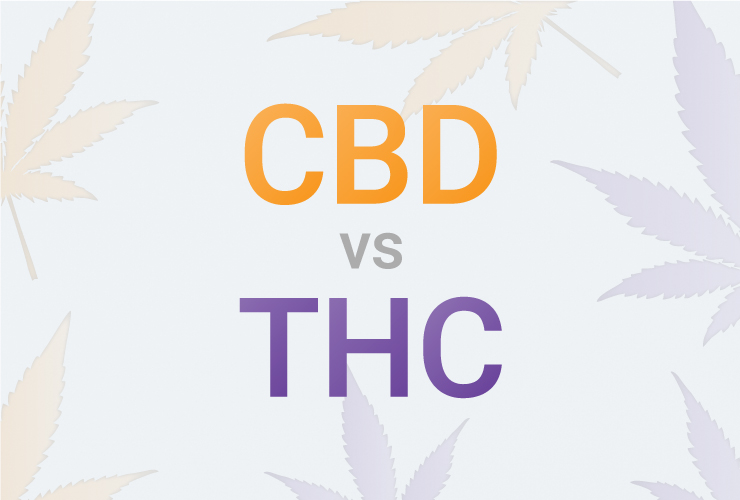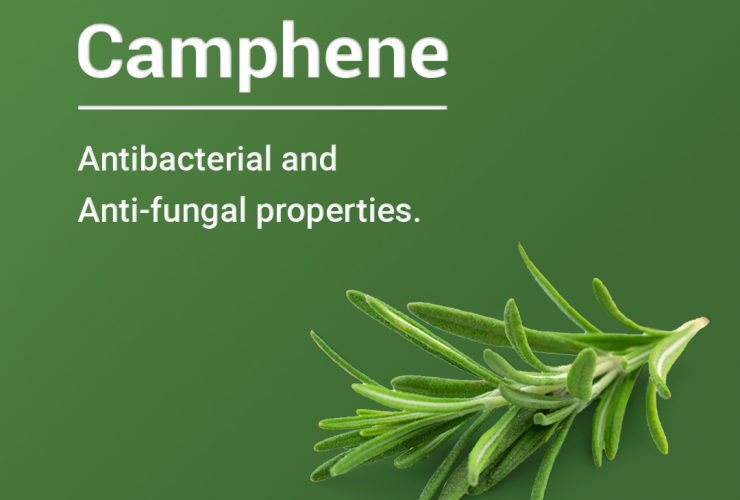CBD vs THC: Has comparison become a barrier to healing?

Written by
CBD vs THC: Has comparison become a barrier to healing?
The dissection of CBD and THC is creating a fixation on high vs not high, pulling focus from whole plant medicine
By: Ashley Keenan
Cannabis has multiple cannabinoids, the chemical compounds in the plant that react with the endocannabinoid receptors in the body. The two most commonly known cannabinoids are CBD and THC, though in total there are over 85 known cannabinoids with more being continuously discovered as new research is conducted. It can be easy to fall down a rabbit hole of research when trying to discern what the differences are between CBD and THC. Understanding what each cannabinoid is used for can help optimize how we use cannabis as medicine.
Breaking Down the Differences
The most commonly cited difference between THC and CBD is in how they affect the brain, namely the CB1 receptor in the brain. There is a general rule of thumb that CBD is non-psychoactive because it does not directly bond with our brain’s CB1 receptor. However THC does bond directly with this receptor, which is why it has a euphoric head high effect.
Beyond the psychoactive differences there can be a lot of overlap in the benefits of THC and CBD treatments, regardless of whether they affect the body in the same way. When cannabinoids are used as a medical treatment they are shown to help a variety of common ailments and illnesses, both separately and together. Generally THC and CBD are effective at treating the following:
| THC | CBD |
|
|
Stigma in Comparison
The comparison of CBD and THC often turns into a morality discussion; since CBD doesn’t get a person high it has been hailed as the ‘good’ cannabinoid while THC is stigmatized as the ‘bad’ cannabinoid. Of course in instances where a person wants to avoid the psychoactive effects of THC, it makes sense to use CBD as it will not affect cognitive function. As consumers and patients it is important to look past the good vs bad dichotomy and focus on the health effects we are trying to achieve and which cannabinoids to consume, and in what ratios, to have optimal health benefits.
Whole Plant Medicine
There is no one size fits all approach to cannabinoid medicine; it can be a trial and error process both for medical professionals and patients. The constant comparison of cannabinoids can feel divisive, leaving patients tripped up on good vs bad instead of focusing on the synergistic healing of using whole plant medicine.
For example, it has been found that THC is useful as a sleep aid, helping patients both fall asleep and stay asleep during the night. While CBD lacks the sedative effect of THC, it has been shown to improve overall sleep cycles and increased feelings of being well-rested upon waking. It stands to reason that given the results of these sleep studies, using CBD and THC together would be more effective in treating insomnia than each cannabinoid would separately.
There are medical professionals who believe that 1:1 medicine is the future, and that cannabinoids are more effective when they are together. Focusing only on the euphoric effects of THC is detrimental, since it has important healing properties essential for treating various medical conditions. Both CBD and THC have incredible potential for healing, so consult with your physician to understand how both can be incorporated into your health plan.


